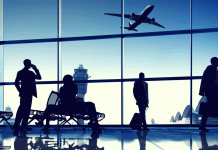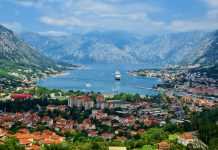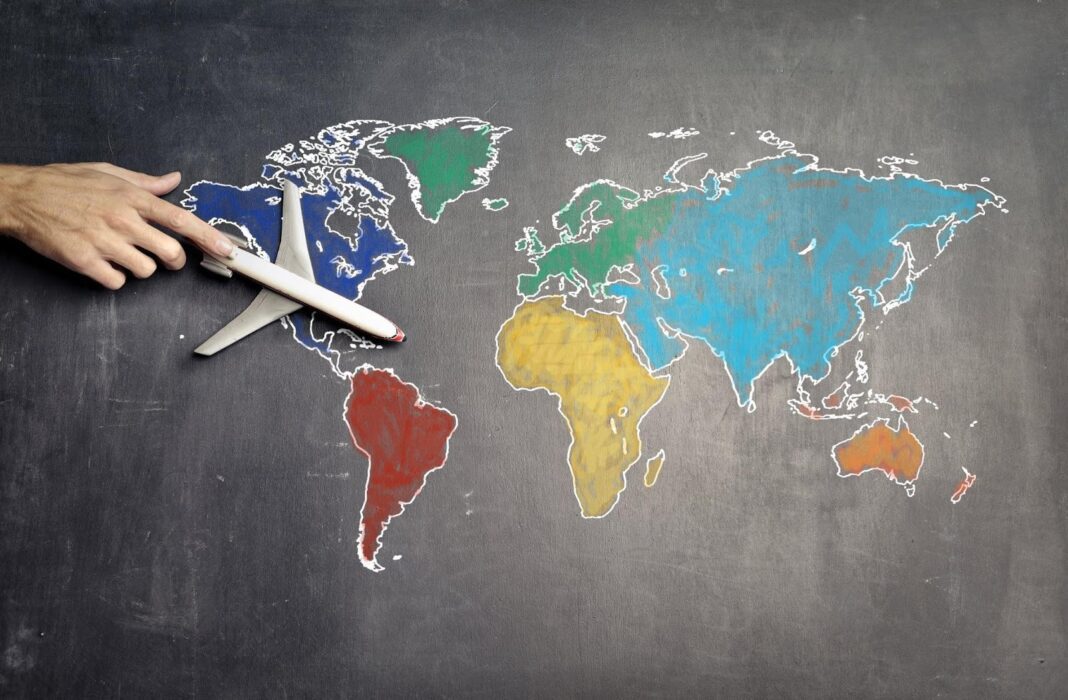Our travel patterns were altered by the COVID-19 epidemic. It set new norms and patterns that will likely persist. The travel industry is always evolving. It must provide innovative solutions to global mobility. For example, it should let tourists access online sites like TonyBet login. Tourists are adjusting to these changes. Understanding these developments is essential. They matter for trip planning and for future travel trends.
Health and Safety Prioritization
The focus of post-pandemic travel has shifted to health and safety. Travelers are more cleanliness-conscious. They seek places that follow strict health rules. To reassure travelers, hotels and airlines have made changes. They now offer contactless check-ins, improved cleaning, and require health tests. Also, travel insurance now covers pandemic-related disruptions. This gives travelers more peace of mind.
Flexible Booking Policies
The pandemic’s unpredictability has raised demand for flexible booking. Travelers can now change their plans without high fees. Airlines, hotels, and tour operators have more flexible cancellation and rescheduling policies. This adaptability is vital. Health advisories and travel restrictions can change quickly. It allows passengers to plan their journeys with less risk.
Rise of Remote Work and Digital Nomadism
The pandemic sped up the remote work trend. So, digital nomadism increased. Many professionals now prefer to travel while pursuing their careers. They can work from anywhere. Destinations are reacting by offering long-term visas. They are building infrastructure for remote workers. This includes coworking spaces and strong internet. Rentals for longer stays with home offices are in demand. That’s another effect of this change on lodging options.
Sustainable and Responsible Travel
Sustainability has become an important factor for modern vacationers. The pandemic raised awareness of environmental issues. So, more people are adopting responsible travel habits. Tourists want to reduce their carbon footprints. They are choosing transit options, supporting local firms, and seeking eco-friendly lodging. Also, protecting the environment and cultural heritage is vital. Visitors are encouraged to take part in sustainable and responsible activities.
Local and Regional Travel Boom
Local and regional travel has increased due to travel limitations and health concerns. Many people now prefer regional trips over long overseas journeys. This trend lessens the environmental impact of long-distance travel while boosting local economies. Also, regional travel meets travelers’ desires for shorter, frequent vacations. It allows for more spontaneous and flexible itineraries.
Personalized and Customized Experiences
In the travel sector, personalization is becoming more and more significant. Travelers want unique, tailored experiences that reflect their interests and tastes. AI and data analytics are key to this movement. They let businesses offer personalized services and recommendations. The goal is to create unique, memorable travel experiences. This could be through custom tours, planned itineraries, or unique lodging.
Emphasis on Wellness and Mental Health
The epidemic, which highlighted mental health, drove a rise in wellness vacations. Destinations are offering more opportunities for rest and self-care. These include wellness programs, spa resorts, and yoga retreats. Travelers want peaceful, renewing places. They value activities that boost their physical and mental wellness.
In short, post-pandemic travel has three defining trends. These new standards and trends will shape future travel. It will be more flexible and accountable to today’s tourists as the world faces the pandemic’s effects. Accepting these changes will ensure a safer, more enjoyable trip. It will be enlightening, too. This applies to both seasoned travelers and those taking their first post-pandemic trip.







































